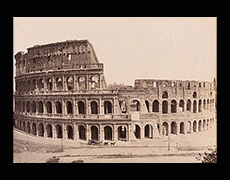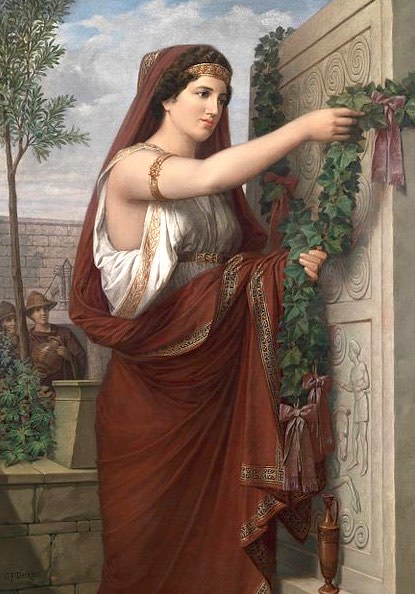
The rise of the Roman Empire is one of the most significant events in world history. From its humble beginnings as a small city-state in central Italy, Rome would eventually become the dominant power in the Mediterranean world, laying the foundations for a civilization that would endure for centuries.
The Roman Republic, established in 509 BC following the overthrow of the Roman monarchy, was the first stage in Rome’s rise to power.

During this period, Rome expanded its territory through military conquest and alliances with neighboring city-states.
The Roman Republic was also distinguished by a intricate system of government, with two consuls elected annually to lead the state and a system of checks and balances to prevent any individual or group from gaining too much power.
However, the Roman Republic was plagued by internal strife. In 49 BC, Julius Caesar, a military leader and politician, crossed the Rubicon river with his army and began a civil war.
Caesar emerged victorious, and in 44 BC, he was assassinated, but the Roman Republic was never restored.
However, his adopted son Octavian, later known as Augustus, became the first Roman Emperor and established the Roman Empire.

Augustus brought stability to Rome, and during his reign, he initiated several important reforms. He reformed the tax system, built many public works, and expanded the empire through military conquest.
Under Augustus, the Roman Empire reached its greatest extent, stretching from Spain to Egypt and from the Rhine and Danube rivers to North Africa.
The Roman Empire was a civilization that excelled in many fields, such as law, engineering, architecture, and literature.

Roman law, in particular, profoundly impacted the Western world, and many of its principles continue to be used today.
Its engineering and architectural achievements, such as the construction of roads, aqueducts, and monumental structures like the Colosseum, are still marveled at today.
Finally, the Roman Empire’s culture was also shaped by its vast trade and communication network. As a result, the empire’s common language, Latin, became the language of culture, literature, and learning throughout the Mediterranean world.

